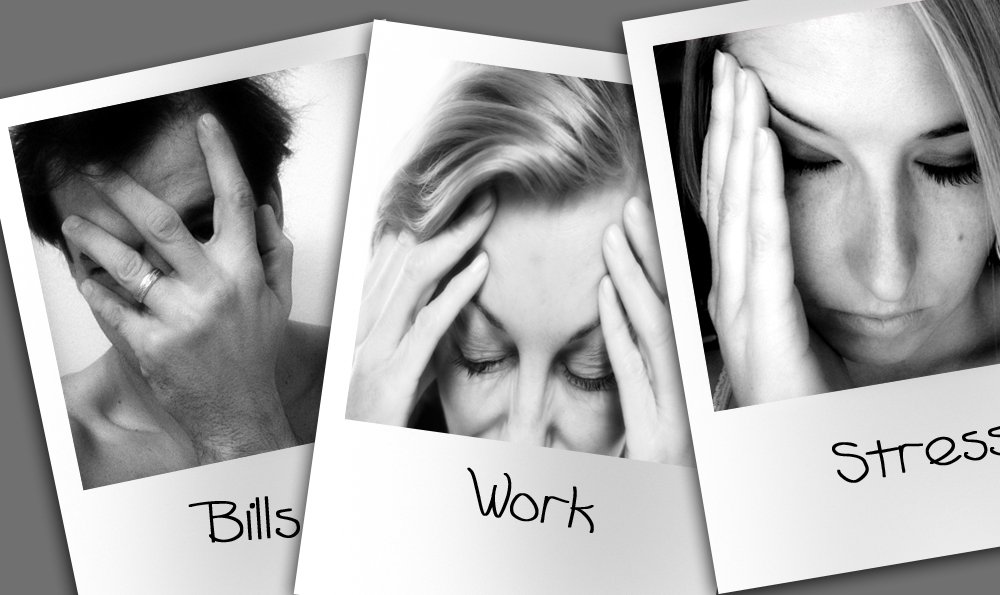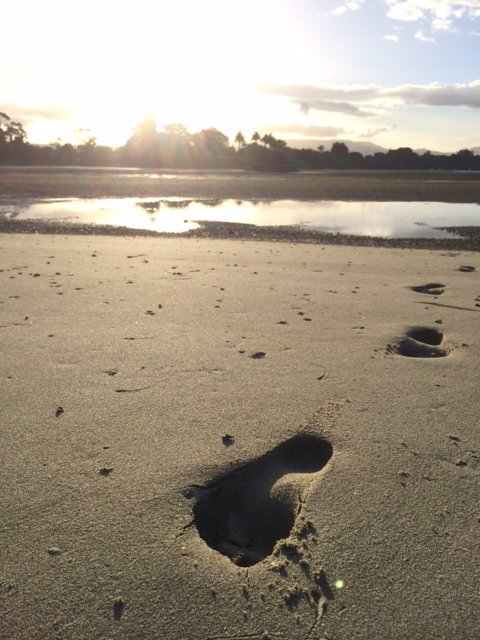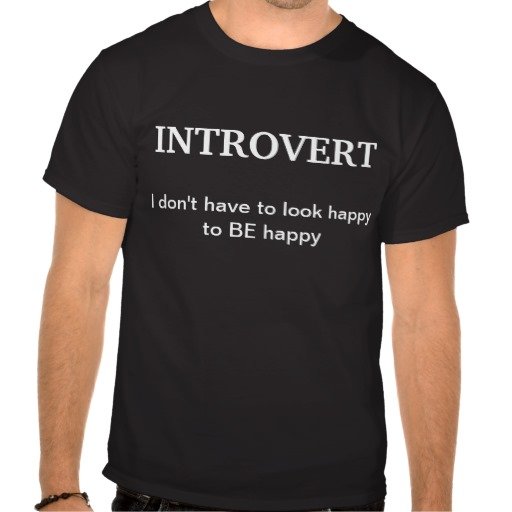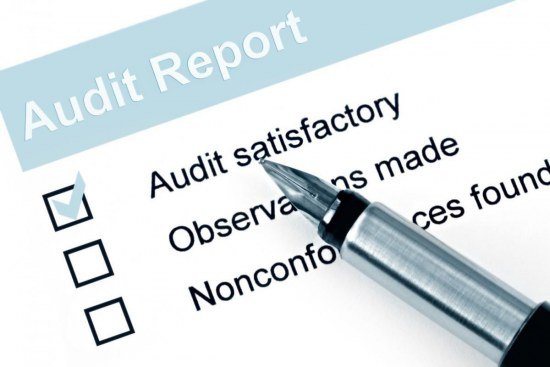 It was a pain in the neck, quite literally, the project that I was working on. The tension in my neck and shoulders were leading towards a lovely mid-afternoon headache. I thought about opening my bag to retrieve some Nurofen or Panadol, but instead I asked myself a question.
It was a pain in the neck, quite literally, the project that I was working on. The tension in my neck and shoulders were leading towards a lovely mid-afternoon headache. I thought about opening my bag to retrieve some Nurofen or Panadol, but instead I asked myself a question.
What’s your body telling you?
My body was telling me that it was tired, my body was telling me that it needed some fresh air, my body was telling me that I had had enough of staring at the screen in the hope of finishing this project.
For once, I listened to my body. I got up, went out into the beautiful crisp winter’s day and went for a walk. Almost immediately I felt the pressure on my neck start to relax. Quickly, I felt refreshed and rejuvenated, all because I had listened to my body.
Often in our constant quest to be more productive and effective we ignore what our body is telling us. When we have headaches or pain, our initial response to keep going and to use painkillers just to get us through the day. Maybe we’re over tired, so we drink Red Bull; or feeling down, so we reach for our latest comfort food.
While that response can keep us going, it’s often not what our body needs.
And sometimes it’s just plain unhealthy.
∴
What is your body telling you?
Is it telling us to reach for another Panadol … or for that energy drink … or for that food?
Or are our bodies suggesting that, now is a good time to get out, have a break, relax and unwind a little bit?
Maybe after we’ve done that for ten minutes, we’’ll come back feeling alive and rejuvenated and our work will actually happen a lot quicker.
Maybe, it’s time we listen to our bodies.




